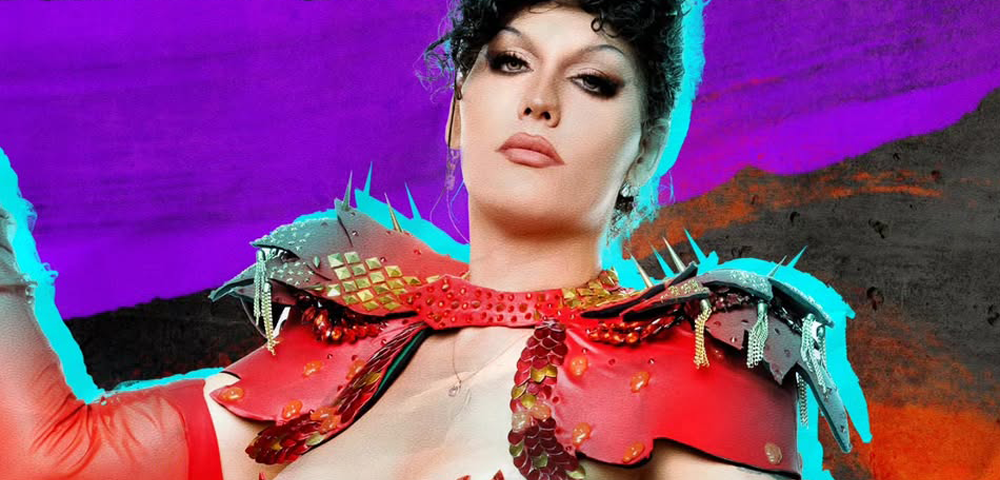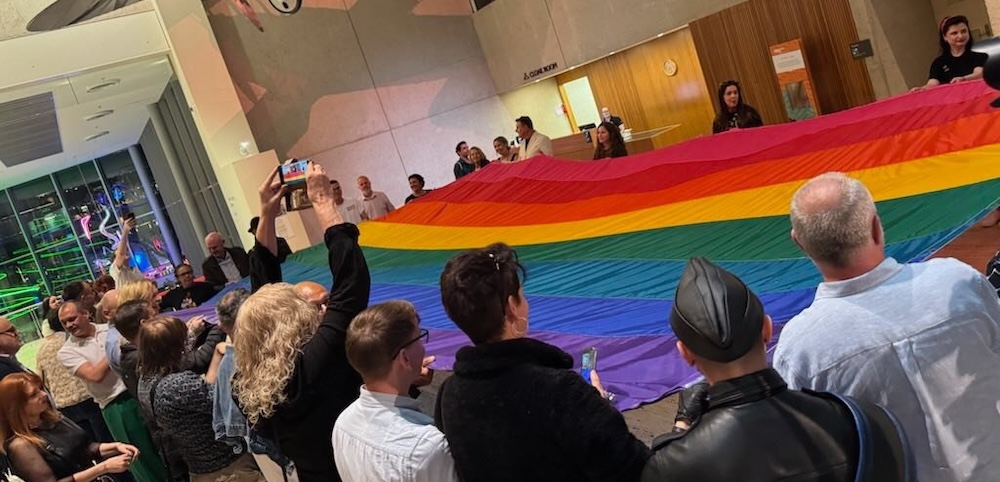
Issues affecting LGBTIQ+ youth that will shape the federal election
Adrian Murdoch from Minus18 explores LGBTIQ+ issues important to young people that will likely shape this year’s federal election.
***
1. Religious freedoms
When Australia’s existing discriminatory exemptions were brought to light, it became clear the laws had not been updated to reflect mainstream views in the country. In fact, the release of a special Fairfax-Ipsos survey found that 74 per cent of voters opposed laws that would allow religious schools to discriminate against students and teachers based on their sexual orientation, gender identity, or relationship status. So in October last year, Prime Minister Scott Morrison promised that the government would change our pre-existing laws to ensure schools could not expel gay students. We’re still waiting.
What you should know:
In 2019, the government’s tune changed. In response to the Religious Freedoms Review, the government highlighted their new goal “to further protect and promote the right to freedom of religion”, with the following to be “actioned as soon as practical”:
Recommendation 10: Enshrining the rights of celebrants to refuse weddings.
Recommendation 17: Among six other enshrinements, the ‘further analysis’ of exercising freedom of religion impacting on human rights.
Recommendation 18: Driving a ‘religious engagement and public education program to enhance freedom of religion’.
How you can help:
Ask your local schools about their policies and how they plan to support their LGBT students and teachers. This conversation will continue through 2019, as the government’s continued radio silence on their original promise becomes deafening.
2. Safe schools
Despite the important objective of the Safe Schools program – to create safer and more inclusive school environments – it has been continuously debated. Opposition to the program has mostly stemmed from the misguided perception that extreme sexuality and gender ideologies would be thrust upon primary and secondary students, despite evidence to the contrary.
What you should know:
While religious freedoms remain an issue, so too will school programs focused on anti-bullying and sex education, particularly those that have cropped up in states that have defunded Safe Schools (like Western Australia’s non-compulsory $1.4 million initiative, the Inclusive Education program, or New South Wales’ diluted Life Ready program). Unfortunately, when these programs are debated, it is often LGBTIQ youth who lose out, as queer sexualities and gender identities are rendered invalid by many, and students aren’t able to access the inclusive education they’re desperate to receive.
How you can help:
It’s important to understand how Safe Schools, or its equivalent, operates in your state or territory. Misinformation is often circulated, which isolates particular program elements and suggests it will be mandatory for students of any age.
3. Gender diversity
Gender fluidity will be a big issue in 2019, following Labor’s move to reference the Yogyakarta Principles, a model for human rights law which advocates for the removal of sex markers from birth certificates and provides a guide for LGBTIQ human rights. The Liberals don’t have an official stance, yet Scott Morrison has consistently expressed negative attitudes towards gender diversity.
What you should know:
In 2018, Tasmanian Labor and the Greens seeked amendments when changing the state’s Marriage Act, so that it would reflect the legislation of same-sex marriage and eliminate the need for transgender people to divorce if they wanted to change their legal gender. Proposals were also made for gender recorded on birth certificates to be optional, which received conservative criticism, including from the Prime Minister who described the push as “nonsense”.
How you can help:
Do you know where your state or territory stands on issues such as forced trans divorce and recognising non-binary status? On a national level, Australian passports have offered an “X” option for indeterminate or unspecified gender since 2013. Understanding the barriers intersex and non-binary individuals face will help to continue important conversations into the federal election.
4. Conversion therapy
Last year Labor moved to criminalise conversion therapy – the Liberals haven’t yet released a stance – however, recommendations from a La Trobe University and Human Rights Law Centre report advised that criminalisation wouldn’t work and could drive the practice underground.
What you should know:
Labor has since changed their stance, which was welcomed by the report’s co-authors, including Anna Brown from the Human Rights Law Centre and Equality Australia. Brown said, “stronger legal responses are part of the solution but must be accompanied by research and resources to support tailored interventions in faith communities.”
How you can help:
You can join the growing movement to drive the issue into the mainstream. There is a joint statement by survivors of sexual orientation change efforts, who have developed eight recommendations including an official inquiry, regulation of advertising, and increased funding of mental health organisations who provide support to survivors. Be supportive of organisations and networks who stand as activists, protective shields, and safe spaces for those who are vulnerable within the community.










What about the issues of:
Jobs
Training
Housing
Electriciy Costs
etc.